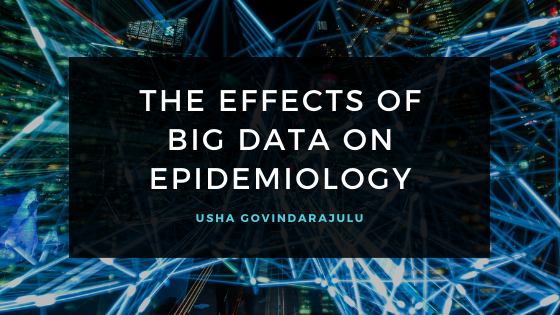Big Data has been a buzzword across just about every industry in recent years. This is particularly true in the sciences. Big Data is all about computing power. New technological advances have made it possible to crunch huge sets of numbers that just weren’t able to be processed before. Computers have also made the process more efficient. They can see patterns among huge sets of data that overwhelm even the brightest human scientists and mathematicians. Now, it’s easier than ever to process millions of records and identify relationships within them.
The effects of the Big Data revolution have been huge in the biological sciences. Big Data is already starting to remake healthcare. It’s easier than ever to sequence genomes and identify genes related to various diseases. Some researchers and oncologists are even finding ways to design treatments for specific cancer tumors.
The impact, however, is being felt particularly keenly in some fields like epidemiology. Epidemiology is all about diseases: where they occur, how they spread and how they can be prevented and contained. With new insights made possible by the arrival of Big Data, the field of public health is about to be revolutionized. Public health officials hope they’ll be able to identify and stop clusters of disease before they can do too much damage.
The changes to epidemiology will be made easier by new, electronically recorded medical records. For example, doctors won’t have to call in incidences of contagious diseases to public health authorities. The data will tell the story for them. As much as this technology will save time and resources, it will also raise new issues around privacy. There are always trade-offs with new innovations, after all. Because of this, governments are starting to look at the best ways to manage healthcare data.
The European Center for Disease Control is leading the charge for improved communication between member states on the continent. Information about immunization rates and other data can be very useful for epidemiologists there. The ECDC is dedicated to working with all the groups needed to facilitate the responsible sharing of information. These include doctors, data scientists, and government public health authorities. With Big Data and good coordination, public health in Europe can be vastly improved.
